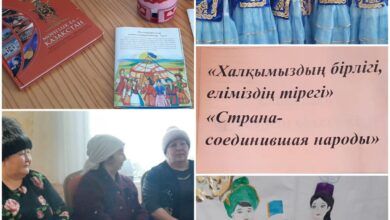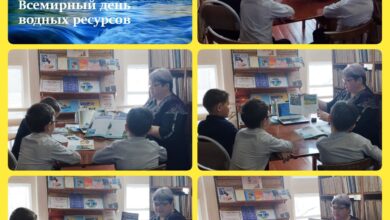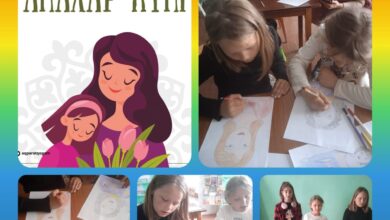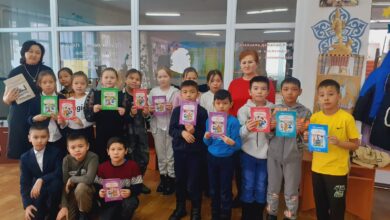«THE GRATEFUL SON OF THE PEOPLE»
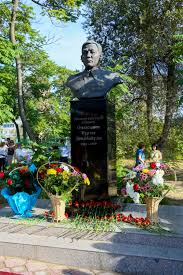
«THE GRATEFUL SON OF THE PEOPLE»
ONDASYNOV NURTAS DANDIBAEVICH, a prominent statesman and public figure, was born in 1904 on the territory of the South Kazakhstan region, Uchkayuk village, South Kazakhstan region, later renamed in his honor to Nurtas-aul. He was orphaned early, but the villagers did not abandon him; he remembered kindness and cordiality all his life and transferred this attitude to the people around him. And a year before his death, Nurtas Dandybaevich came to his village and at the local mazar erected a monument to his three mothers: the one who gave birth to him, the one who fed him, and the third who raised him. Here, nearby, he himself is buried — a grateful son of his people. As an eleven-year-old child, he went to Tashkent to live with his older brother, who worked on the railway. Then Nurtas entered the Tashkent Forestry College and continued his education at the Irrigation Institute.
Already at the age of 22, Ondasynov was appointed head of the afforestation department of the People’s Commissariat of Land of the Kazakh SSR. In this position, he initiated the mass planting of forest shelter plantings, and for many years he was engaged in afforestation on the territory of the republic. For his business qualities, in 1938 he was transferred to the chairman of the East Kazakhstan Regional Executive Committee, and then elected a member of the bureau of the regional party committee, a delegate to the II Congress of the Communist Party of Kazakhstan and a deputy of the Supreme Council of the Kazakh SSR. The Supreme Council appointed deputy Ondasynov Chairman of the Council of People’s Commissars of the Republic, which was later transformed into the Council of Ministers of the Kazakh SSR.
In this position, Nurtas Dandybaevich made a huge contribution to the development of the economy, science and culture of our republic. For example, it is he who bears the main credit for the fact that in response to his persistent calculations and requests, Moscow gave the go-ahead for the construction of an opera and ballet theater in Alma-Ata and the opening of the only women’s pedagogical institute in the Union. Even during the difficult war years, he ordered that Abai’s 95th and 100th birthdays be celebrated at a high level. Under him — also during the war, in 1944 — a national conservatory was built, an institute of physical education, a polytechnic and technological institute, many schools and teacher training courses, and teacher institutes were opened in regional centers. Helped create an independent Academy of Sciences in Kazakhstan. Despite the fact that there was a war, N. Ondasynov allocated funds for the construction of the building, and when the foundation was laid, he, wanting to observe customs, threw a handful of silver coins with the words: “Let Kazakh science be pure, like silver!” He contributed to the fact that the Academy of Sciences was headed by K. Satpayev. N. Ondasynov played a special role in the formation of Kazakhstan as a future oil power. Until 1968, no one in Kazakhstan paid much attention to Mangyshlak oil. Meanwhile, oil gushes have been flowing there since the 50s. He was a highly educated man, he knew Arabic and Persian well. And in retirement he began compiling explanatory dictionaries. Ondasynov read books in Kazakh and wrote down words that had passed into his native language from Arabic. In 1969, his first “Arabic-Kazakh Explanatory Dictionary” was published, in 1974 — “Persian-Kazakh Explanatory Dictionary”. In 1984 and 1989 – the year of his death – expanded and revised three-volume Kazakh-Persian and Kazakh-Arabic dictionaries were published. Nurtas Dandybaevich also prepared a study on the etymology of Kazakh names. These works of his are still of great scientific and historical value.
He was the first to propose building a shell rock production plant in the former city of Shevchenko, now Aktau — this material, by the way, was used to line the Olympic Village in Moscow.
For his services, he was awarded three Orders of Lenin and two Orders of the Red Banner of Labor. During the anniversary celebrations, an alley named after N. Ondasynov was also laid out, and a museum was opened. Nurtas aul, a humanitarian school-gymnasium in the city of Shymkent, renamed in his honor, bears his name.
